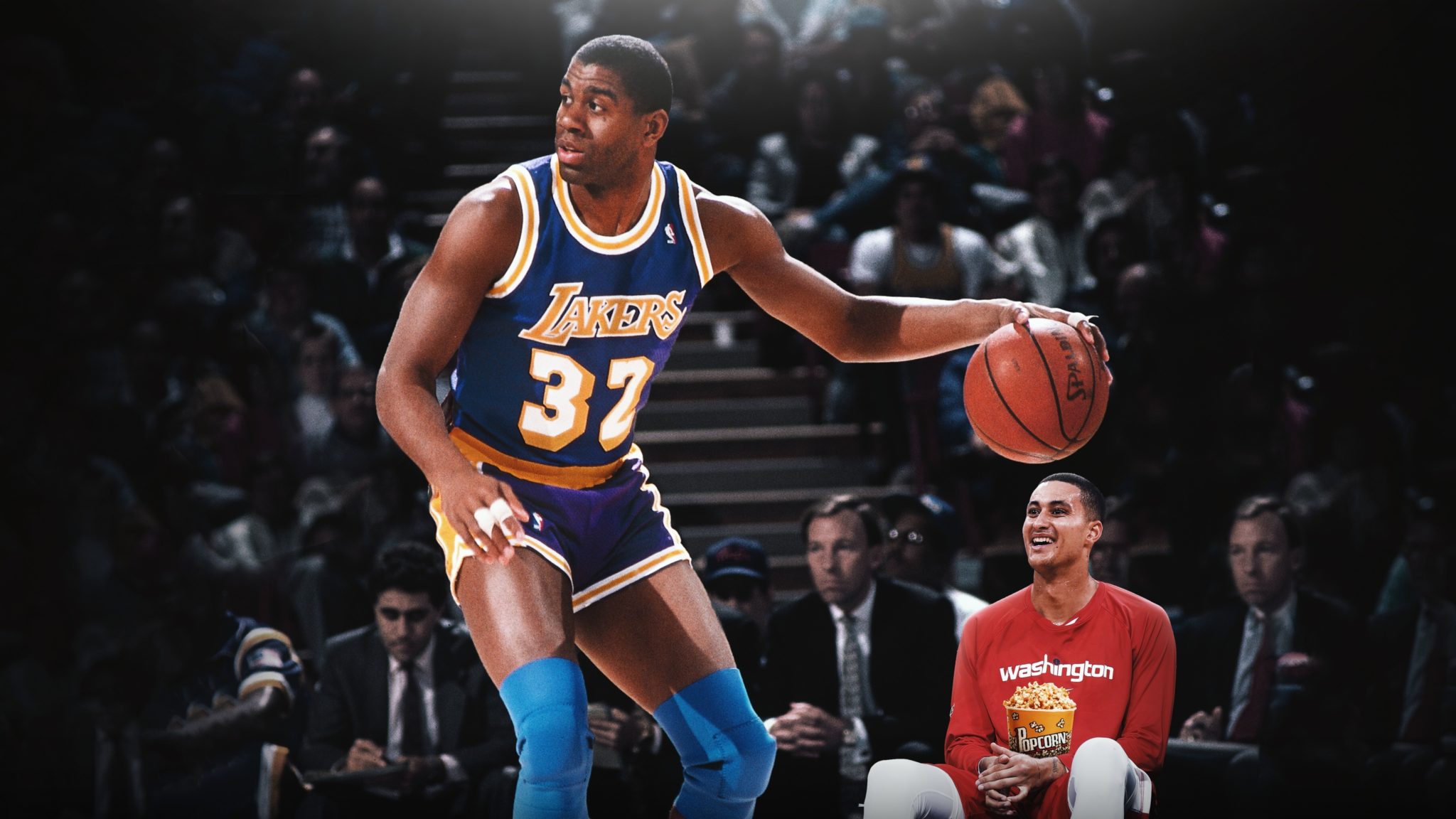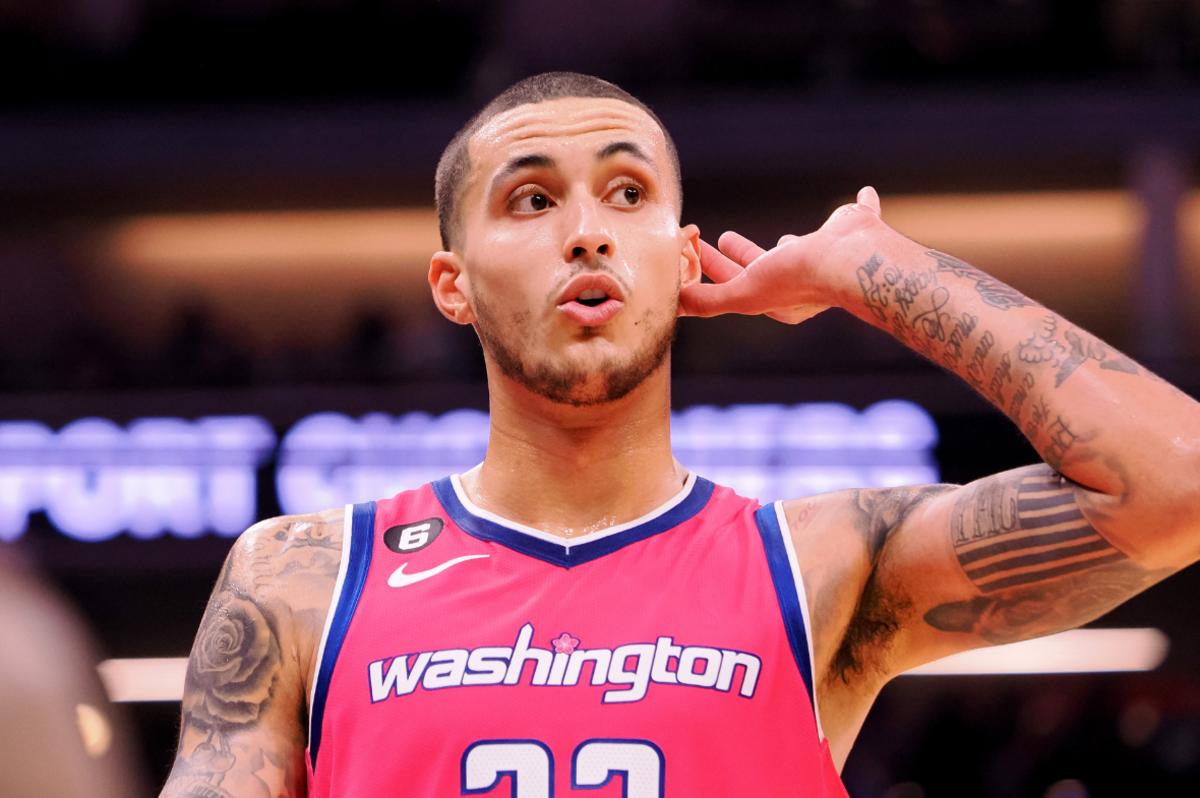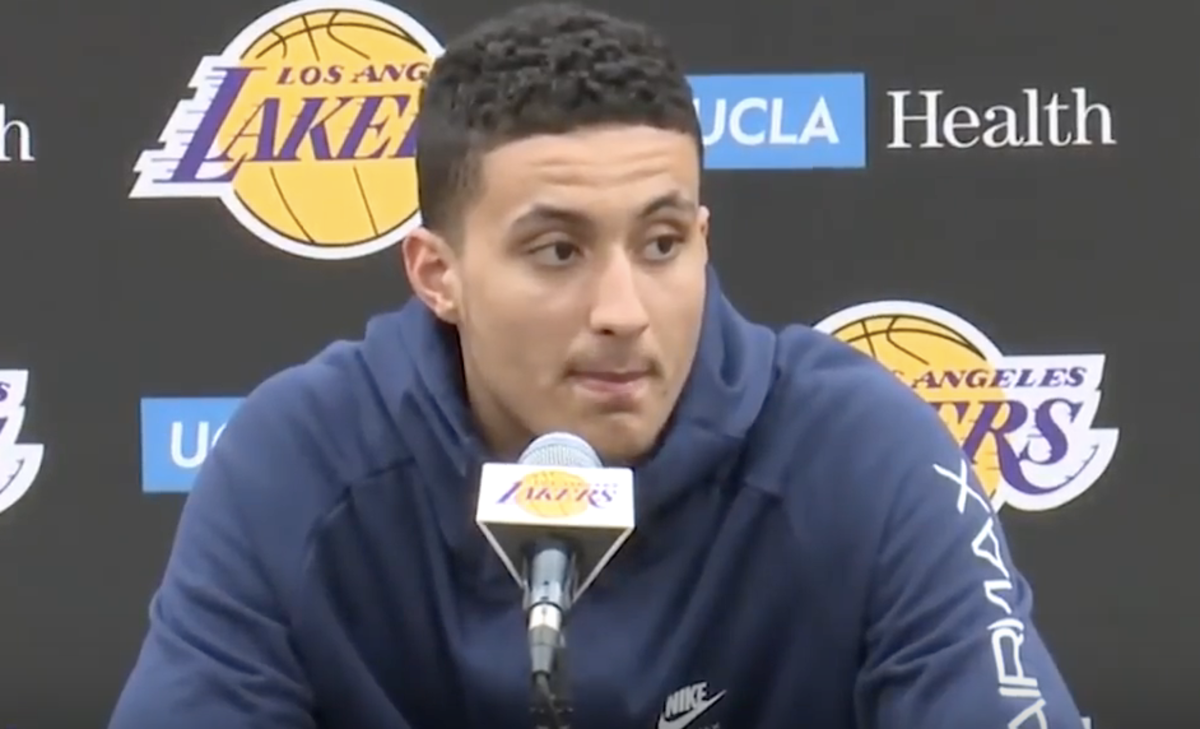Kyle Kuzma’s decision to exercise his right to veto a potential trade to the Dallas Mavericks last season has sparked widespread discussions across the NBA landscape. The Washington Wizards forward took a decisive step in shaping his career path, and his recent reflections on the matter have only intensified the conversation. In this article, we explore the reasoning behind Kuzma’s choice, the impact it has had on his career, and the broader implications for player agency within the league.
Kuzma’s confident assertion, "I figure I was right," underscores the trust he places in his professional judgment. As athletes increasingly assume greater control over their careers, Kuzma’s move exemplifies a new era in the NBA where players prioritize their personal and professional aspirations. This article examines the background of the trade scenario, Kuzma’s decision-making process, and the long-term ramifications of such bold actions on the league.
For basketball aficionados, understanding the intricacies of player trades and vetoes is essential. This piece provides an in-depth analysis of Kyle Kuzma’s decision-making journey, enriched by expert commentary and insights from credible sources. Whether you're a devoted NBA follower or simply intrigued by the business aspects of sports, this article offers valuable perspectives.
Read also:Exploring The Life And Influence Of Chamath Palihapitiyas Wife Natalie
Table of Contents
- Biography of Kyle Kuzma
- Background of the Trade Situation
- Kuzma's Decision-Making Process
- The Rise of Player Agency in the NBA
- Financial Implications of the Veto
- Impact on Team Dynamics
- Long-Term Effects on Kuzma's Career
- The NBA's Perspective on Player Vetoes
- Fan Reactions and Media Analysis
- Conclusion
Biography of Kyle Kuzma
Kyle Kuzma, born on October 3, 1995, in Flint, Michigan, is a professional basketball player celebrated for his dynamic playing style and leadership qualities. Drafted 27th overall by the Utah Jazz in the 2017 NBA Draft, he was promptly traded to the Los Angeles Lakers, where he quickly established himself as a key player.
Early Life and Career
Kuzma’s journey to the NBA commenced at the University of Utah, where he refined his skills and emerged as a standout athlete. His versatility and adaptability on the court soon caught the attention of scouts, leading to his selection in the draft. Below is a summary of his key career milestones:
| Category | Details |
|---|---|
| Full Name | Kyle David Kuzma |
| Date of Birth | October 3, 1995 |
| Place of Birth | Flint, Michigan |
| Height | 6'9" (2.06 m) |
| Position | Forward |
| Current Team | Washington Wizards |
Background of the Trade Situation
The proposed trade to the Dallas Mavericks during the previous season was part of an intricate negotiation involving multiple teams. The Mavericks, eager to fortify their roster, viewed Kuzma as a crucial addition to enhance their frontcourt depth. However, the trade required Kuzma’s consent, as he possessed early Bird rights, granting him the authority to veto the deal.
Factors Influencing the Trade
- Team Fit: The Mavericks were intent on acquiring a versatile forward to complement their star players.
- Player Preferences: Kuzma’s input was pivotal, as he held the power to approve or reject the trade.
- Contract Considerations: The financial aspects of the deal significantly influenced his decision-making process.
Kuzma's Decision-Making Process
In an interview, Kuzma remarked, "I figure I was right," emphasizing his confidence in his choice. His decision was informed by several critical factors, including the potential impact on his career trajectory, financial considerations, and personal preferences.
Key Considerations
- Career Goals: Kuzma aimed to ensure that his move aligned with his long-term objectives.
- Team Environment: The culture and leadership of the Wizards were particularly appealing to him.
- Financial Stability: Remaining with the Wizards offered him enhanced financial opportunities.
The Rise of Player Agency in the NBA
Kuzma’s veto decision is emblematic of a burgeoning trend in the NBA, where players increasingly exercise control over their careers. This shift highlights the growing significance of player agency, as athletes strive to optimize their potential both on and off the court.
According to a report by ESPN, player vetoes have become more prevalent in recent years, with athletes leveraging their rights to influence team decisions. This trend has profound implications for how teams approach trades and roster management.
Read also:Brenda Joyce A Timeless Icon Of Classic Hollywood
Impact on the League
The rise of player agency has fostered more collaborative relationships between players and teams. It also underscores the necessity for teams to prioritize player satisfaction and align with their goals, promoting a more harmonious environment.
Financial Implications of the Veto
Kuzma’s choice to stay with the Wizards carries financial implications that extend beyond his current contract. By vetoing the trade, he secured his position with a team that values his contributions, potentially leading to better endorsement opportunities and long-term financial stability.
Key Financial Considerations
- Contract Extensions: Kuzma’s existing deal with the Wizards includes options for future extensions.
- Endorsement Deals: Remaining in Washington could enhance his marketability and attract additional sponsors.
- Market Value: His decision may elevate his value in future negotiations.
Impact on Team Dynamics
The veto decision also affects team dynamics, influencing how players and management interact. In Kuzma’s case, his choice strengthened his relationship with the Wizards' front office, demonstrating mutual respect and trust.
Team Collaboration
Teams that embrace player agency often experience improved collaboration and communication. This approach cultivates an environment where players feel valued and empowered, leading to enhanced performance and team success.
Long-Term Effects on Kuzma's Career
Looking ahead, Kuzma’s decision is likely to have enduring effects on his career. By staying with the Wizards, he positions himself for sustained growth and success, both personally and professionally.
Potential Outcomes
- Leadership Role: Kuzma may emerge as a pivotal leader on the Wizards.
- Performance Metrics: His statistics and contributions may improve, enhancing his reputation.
- Legacy: The decision could define his legacy as a player who prioritizes strategic career moves.
The NBA's Perspective on Player Vetoes
From the league’s standpoint, player vetoes present both opportunities and challenges. While they empower players, they also necessitate that teams adapt their strategies to accommodate player preferences.
League Adaptation
The NBA continues to refine its policies to address the increasing influence of player agency. This includes reassessing trade rules and exploring methods to balance team and player interests.
Fan Reactions and Media Analysis
Fans and media outlets have responded to Kuzma’s decision with a mix of admiration and critique. Many commend his assertiveness, while others question the long-term implications of player vetoes.
Public Perception
Media analysis underscores the significance of player agency in modern sports, emphasizing the need for transparency and collaboration between players and teams. Fans remain divided on whether vetoes benefit the league as a whole.
Conclusion
Kyle Kuzma’s decision to veto the trade to Dallas last season highlights the growing importance of player agency in the NBA. By taking control of his career trajectory, Kuzma has set a precedent for future player decisions. His confidence in his choice, as reflected in the statement, "I figure I was right," reflects the evolving dynamics of player-team relationships.
We encourage you to share your thoughts on this topic in the comments section below. For additional insights into the NBA and player agency, explore our other articles. Your feedback and engagement help us deliver the best content for basketball enthusiasts worldwide.


